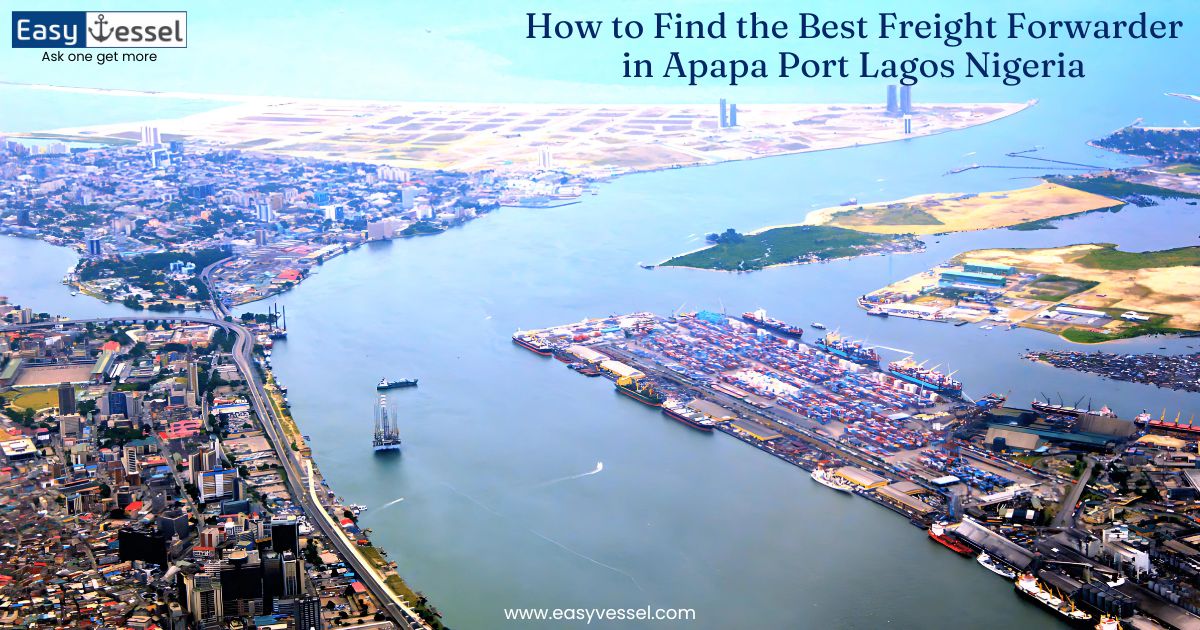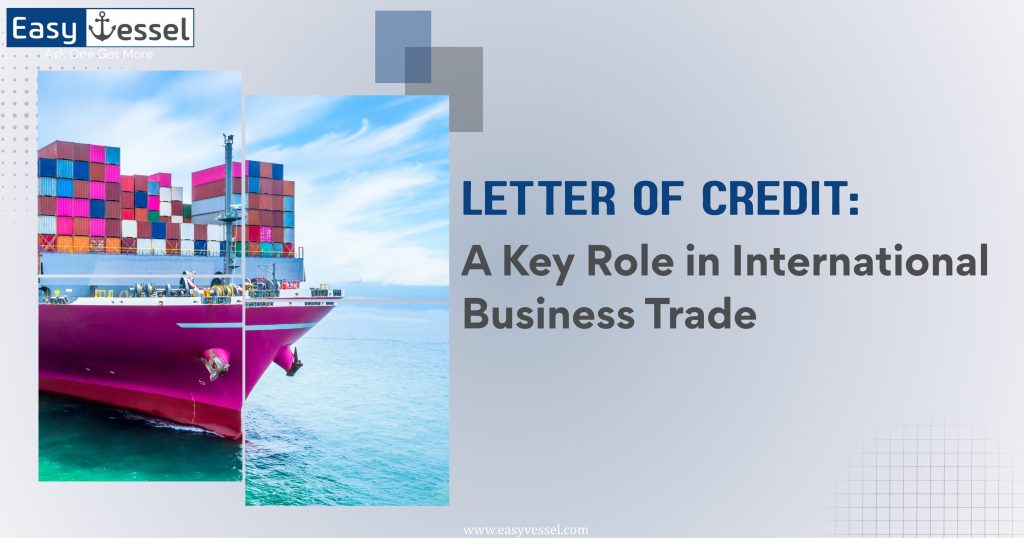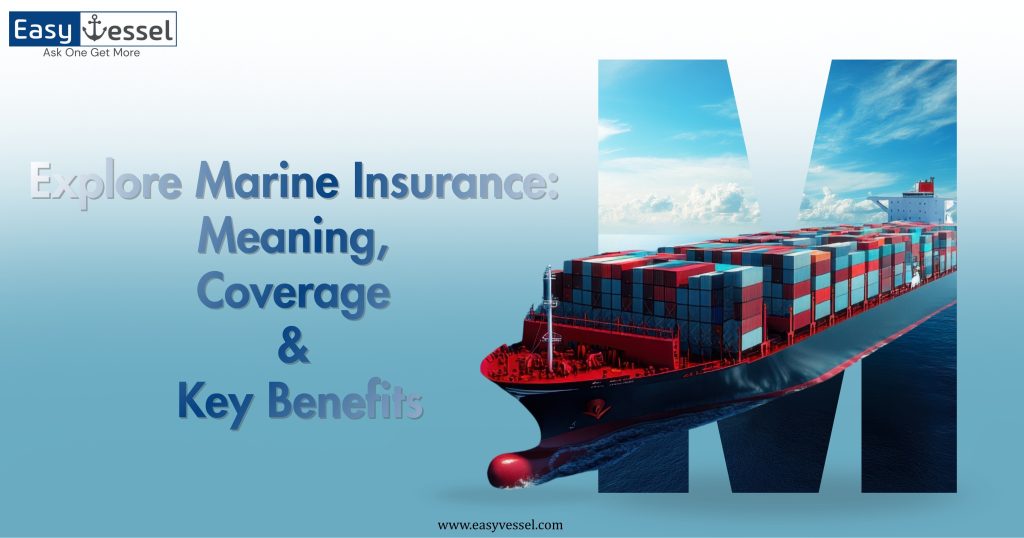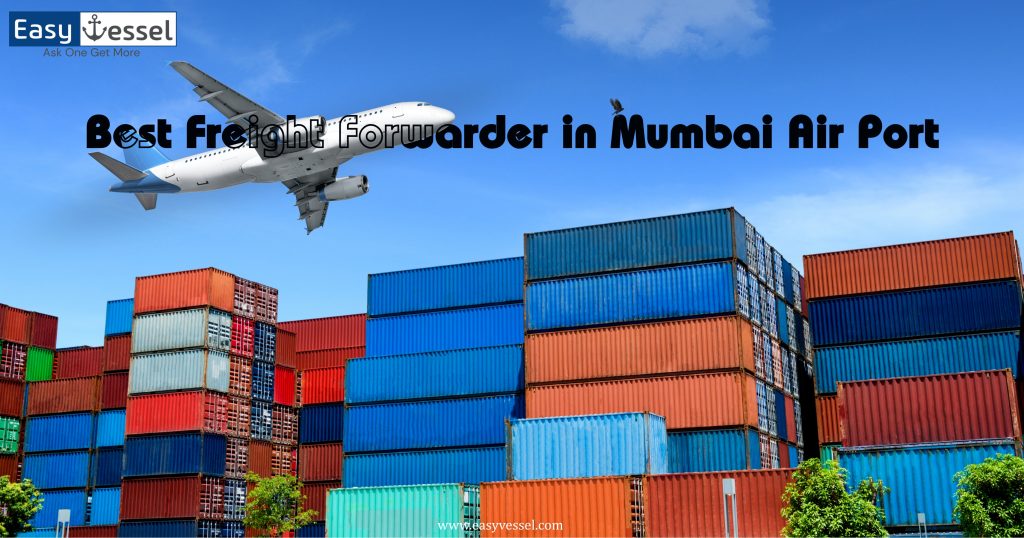- Apapa Port Complex, the Lagos Port Complex, is Nigeria’s largest and busiest port, playing a vital role in the country’s logistics and trade.
- Apapa Port, located in Lagos, Nigeria, is one of the busiest and most important ports in West Africa.
- Known for its strategic location and significant contribution to Nigeria’s economy, Apapa Port Lagos handles a substantial portion of the country’s import and export activities.
- In this blog, we will delve into the history of Lagos Port Complex, its significance, and how to find the best freight forwarder near the port.
History of Apapa Port:
- Apapa Port, located in Lagos, Nigeria, is the country’s largest and busiest port.
- Its history dates back to the colonial era when it was established by the British in the early 20th century.
- Initially developed to facilitate the export of agricultural products and raw materials, the Lagos Port Complex quickly became a crucial hub for Nigeria’s trade and commerce.
- The port’s infrastructure expanded significantly after Nigeria’s independence in 1960, adapting to the growing industrial and economic needs of the nation.
- Over the years, it has undergone multiple upgrades and modernization efforts to handle increasing volumes of cargo, including containerized goods.
- Today, Apapa Port is a key gateway for import and export activities in West Africa.
- It plays a vital role in Nigeria’s economy despite challenges such as congestion and infrastructure deficits.
Apapa Port Code:
- Every port in the world has a unique code used for identification in international shipping.
- The code for Apapa Port is NGAPP.
- This code is used in shipping documents and logistics systems to ensure accurate and efficient handling of goods.
Traffic Volume:
Daily vessel traffic at Apapa Quays varies but generally includes a significant number of vessel movements:
Average Daily Arrivals: The port typically handles between 20 to 30 vessel arrivals daily, depending on seasonal variations and global trade patterns. These ships carry the lifeblood of the nation’s economy, from essential goods to machinery.
Peak Periods: During peak periods, such as the pre-holiday season, the number of vessel movements can increase significantly, requiring enhanced traffic management measures.
Summary: Consequently, the Nigerian Ports Authority (NPA) and advanced tech play a critical role in ensuring smooth traffic flow.
Types of Vessel:
Apapa Port accommodates a wide variety of vessels, each serving different purposes:
Container Ships: These vessels transport containerized cargo, which includes consumer goods, electronics, machinery, and more.
Bulk Carriers: Used for transporting bulk cargo such as grains, coal, and ore.
Tankers: Specialized in carrying liquid cargo, including crude oil, petroleum products, and chemicals.
Ro-Ro Vessels: Roll-on/roll-off ships transport wheeled cargo, such as cars and trucks.
General Cargo Ships: These vessels handle non-containerized cargo that requires manual loading and unloading.
How to Find a Freight Forwarder on Easyvessel
Visit Website: Open your web browser and go to Easyvessel’s official website.
Sign Up or Log In: If you are new to Easyvessel, create an account by signing up. If you already have an account, simply log in with your credentials.
Enter Shipment Details: Provide the necessary details about your shipment, including the type of goods, origin and destination ports, weight, dimensions, and any specific requirements.
Compare Quotes: Review the quotes provided by different freight forwarders. Furthermore, Easyvessel allows you to compare rates, services, and transit times to find the best option.
Select a Freight Forwarder: Choose the freight forwarder that offers the best combination of price, service, and reliability. You can read reviews or documents to help make your decision.
Contact the Freight Forwarder: Once you have selected a freight forwarder, contact them directly through Easyvessel to finalize the details and arrange your shipment.
“Summary: Post your freight inquiry on Easyvessel to get multiple quotes from qualified forwarders worldwide with 0% commission, saving you time and money.”
Why Choose Easyvessel?
Extensive Network: Easyvessel connects you with a vast network of top-rated freight forwarders near Apapa Port, ensuring you find the perfect match for your shipping needs.
Verified Partners: All freight forwarders on Easyvessel are thoroughly vetted and verified. Consequently, this gives you peace of mind and the assurance of high-quality service.
Competitive Rates: Compare quotes from multiple freight forwarders to find the best rates that fit your budget.
Expert Support: Easyvessel offers expert customer support to guide you through the process, ensuring a smooth and hassle-free experience.
Conclusion
Apapa Port is a vital gateway for trade in Nigeria and West Africa. Understanding the port’s history, significance, and unique port code (NGAPP) is essential for businesses engaged in international shipping. By following the outlined steps and utilizing platforms like Easyvessel, you can find the best freight forwarder near Lagos Port, ensuring efficient and reliable handling of your shipments.
Visit Easyvessel today and simplify your shipping needs!
References:
- Nigerian Ports Authority By Wikipedia [1].
- Apapa Port Complex [2].
Frequently Asked Questions
No, Apapa and Lagos are not the same port. Apapa Port is a part of the larger Lagos Port Complex, which includes several ports in Lagos, Nigeria.
The port code for Apapa Port in Lagos, Nigeria, is NGAPP. This code is used internationally for identification and logistics purposes in shipping documents and systems.
The two major ports in Lagos are Apapa Port Complex and Tin Can Island Port.
Apapa port in Nigeria. The Lagos Port Complex, also known as Premiere Port (Apapa Quays), is the earliest and largest port in Nigeria. Located in Apapa, Lagos State, the commercial center of Nigeria, the port was established in 1913.



